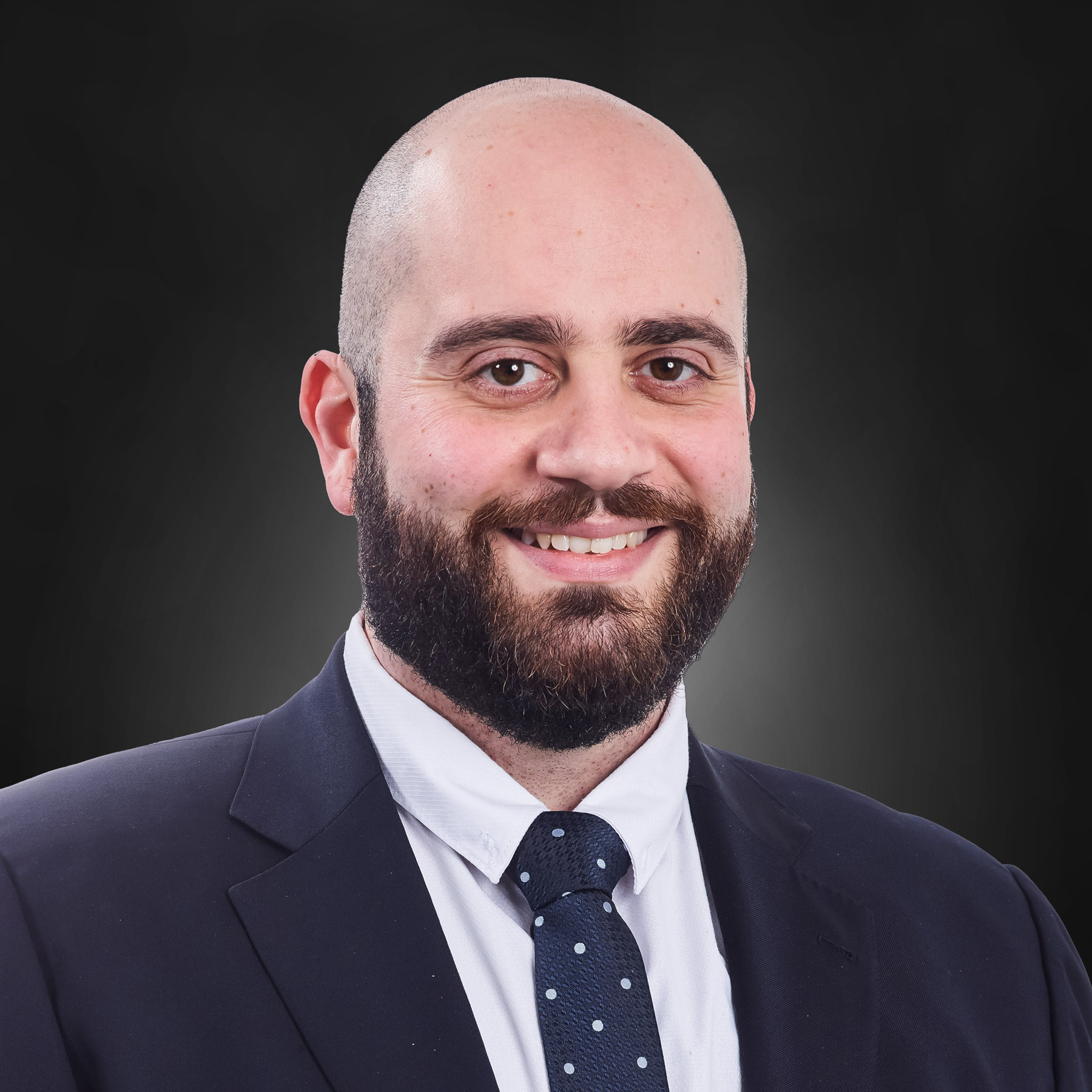Wills & Estate lawyers
Moonee Valley & Sunbury
Secure Your Future with Confidence
At Nicholas James Lawyers, we help you plan for tomorrow with clear, practical legal advice. Our experienced Wills & Estates Lawyers in Moonee Valley & Sunbury work with you to ensure your wishes are protected and your loved ones are looked after.
Fill out the form to get started
Someone from our team will be in touch to chat about your case
We’ll send you a secure link to gather more information
Whether you need to draft a Will, apply for Probate, or set up a Testamentary Trust, our team is here to support you with compassionate and reliable legal advice.
Why Choose Our
Wills & EstateS Lawyers?
- Experienced in Wills, Estate Planning, and Probate
- Personalised advice tailored to your family and financial situation
- Supportive, compassionate service through emotionally difficult matters
- Peace of mind for you and your loved ones
- Efficient, legally-sound documentation and representation
Our full range of WILLS & ESTATES law services
We assist you in reviewing your current arrangements and advising on the management and distribution of your assets both during your lifetime and after your death. This ensures your wishes are carried out, assets are protected, and your loved ones are financially secure.
We provide support and advice in drafting legally binding Wills and Powers of Attorney that clearly outline how you want your affairs managed during your lifetime and how you want your estate to be distributed upon your death.
Protect your beneficiaries and reduce tax through strategic estate planning using Testamentary Trusts.

If you have been left out of a Will or not adequately provided for under a Will, we can assist you in applying for a Family Provision claim through the Courts.
We guide Executors or Next of Kin through the process of obtaining Probate or Letters of Administration to manage a deceased estate.

If someone you care about is no longer able to make decisions, we can help you apply for a Guardianship or Administration Order through VCAT.

PROUDLY SUPPORTING OUR COMMUNITIES






MEET The Team

NICK TERZIOVSKI
Director

Anthony Scundi
Associate

Vanessa Bugeja
Lawyer
Frequently Asked Questions
What should I think about before seeing a Lawyer to draft my Will?
Before seeing a lawyer, consider:
- Who will be your Executor and Alternate Executor
- Guardianship arrangements for minor children
- Your assets and how you want them distributed
- Potential family claims
- Funeral preferences
- Whether you want to leave a charitable gift
Who should I appoint as my Attorney in a Power of Attorney?
How often should I update my Will?
You should update your Will when:
- You marry, separate, divorce, or remarry
- Family circumstances change (births, deaths, stepchildren, etc.)
- Your finances change significantly
- Your Executor or Guardian becomes unavailable
- A beneficiary’s circumstances change (e.g. bankruptcy or death)
What is a Part IV Claim?
What documents are required for Probate?
To obtain Probate, you will need:
- The deceased’s Death Certificate
- The original Will
- An inventory of assets and liabilities
- Court forms and affidavits prepared by the Executor
If there is no Will, Letters of Administration must be applied for by the Next of Kin.
What are the benefits of a Testamentary Trust?
Testamentary Trusts can:
- Provide asset protection
- Minimise tax paid on income earned from the inheritance
- Allow flexibility in distributing assets to beneficiaries
What is a Guardianship Order?
See what our clients say about us

2 months ago

Testing
